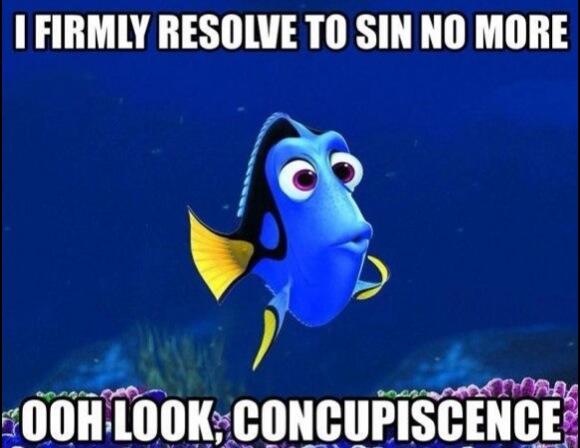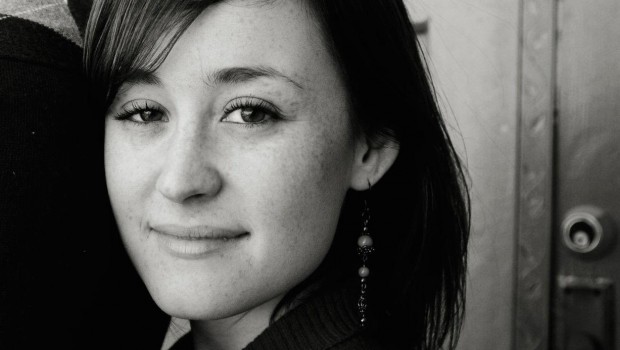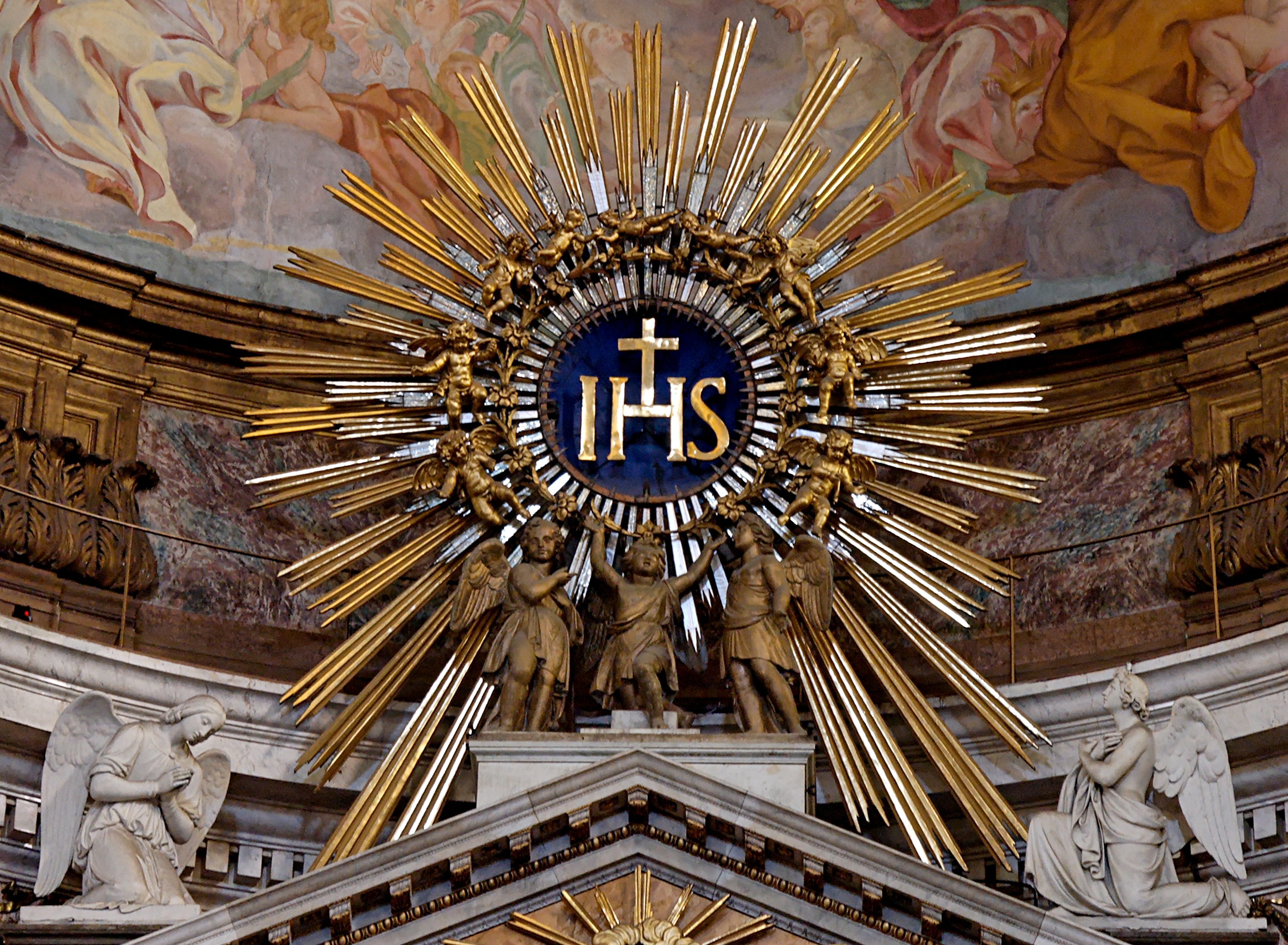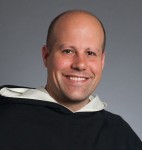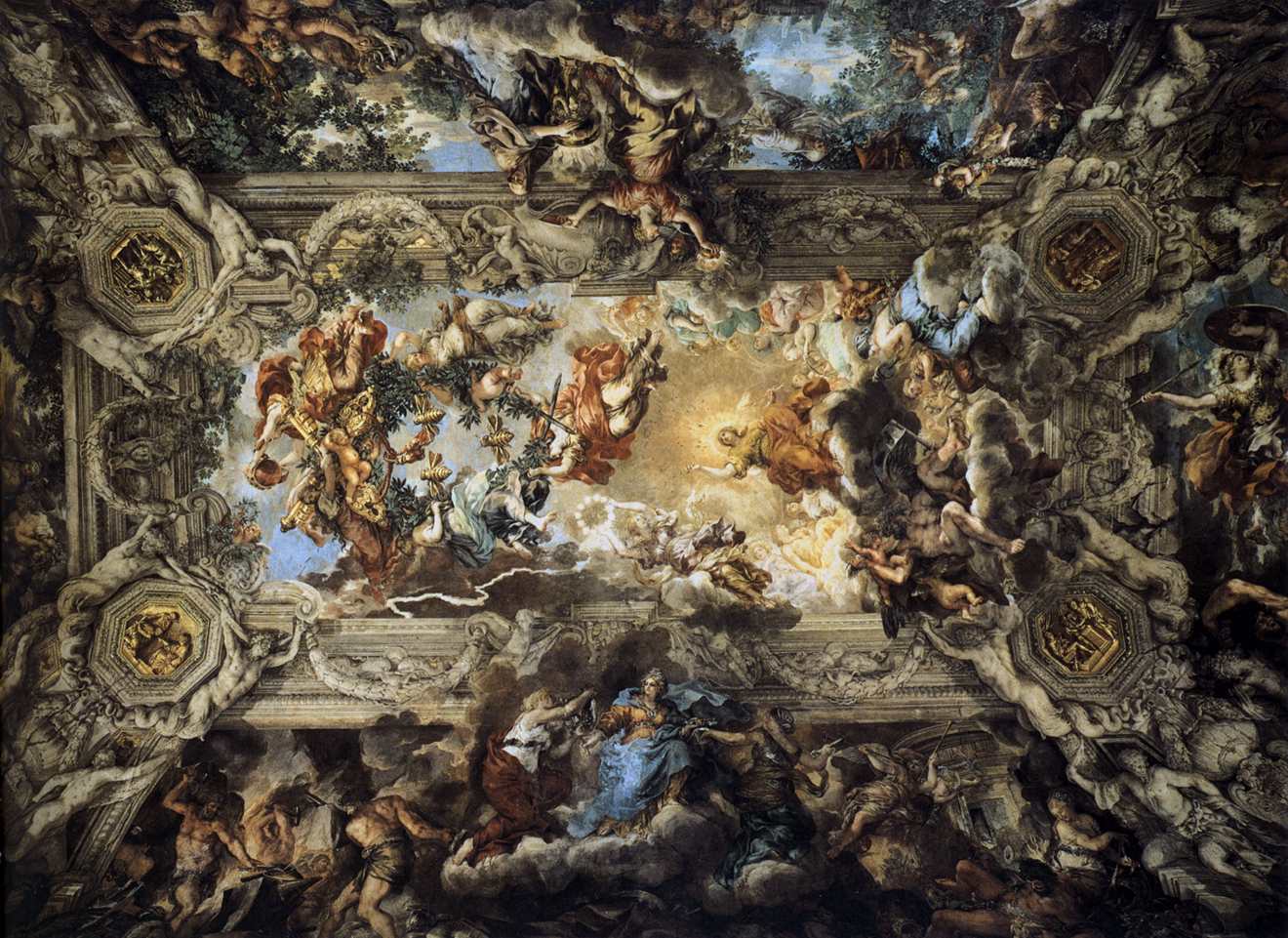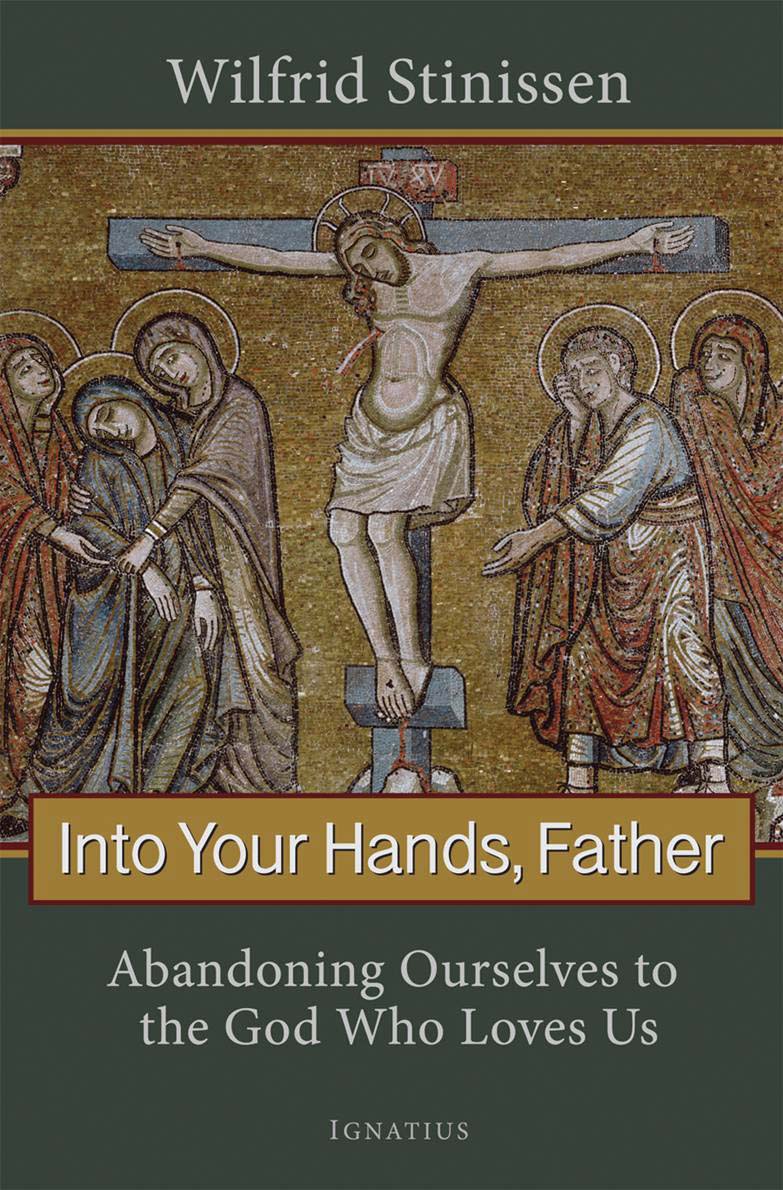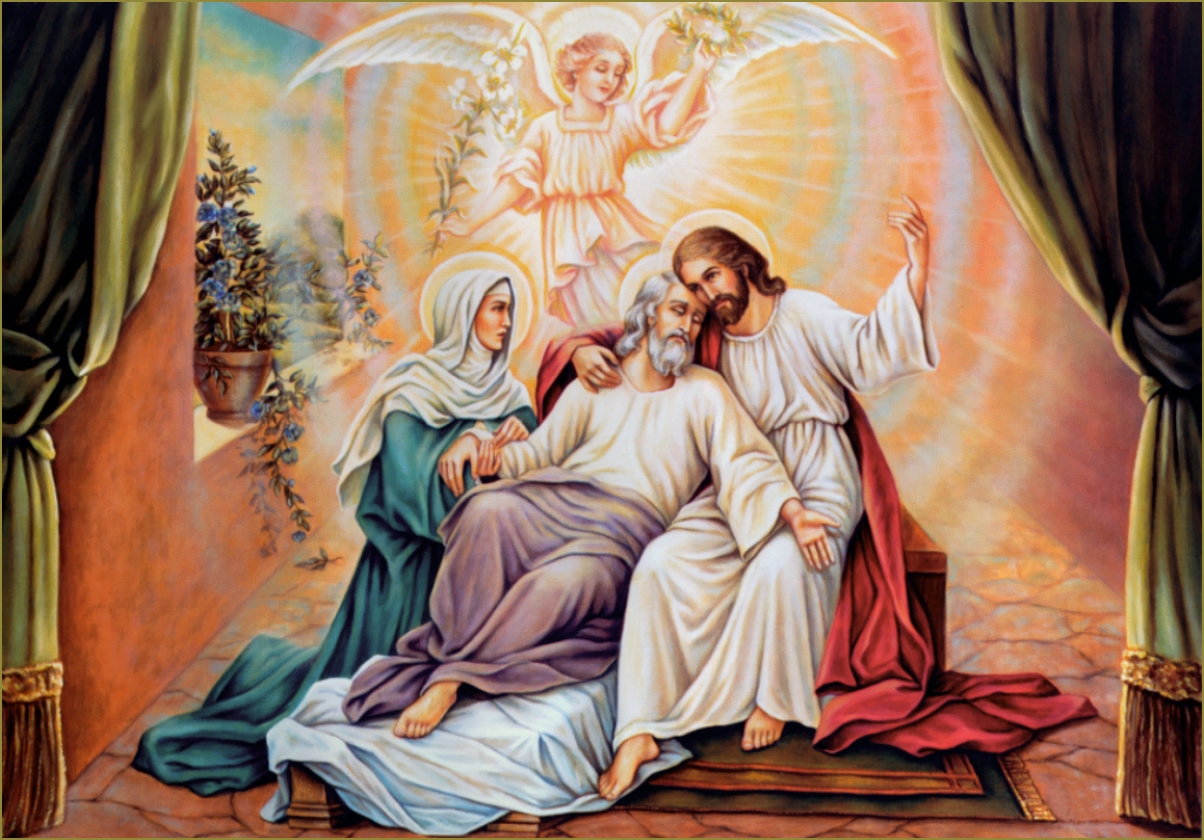“Yoga is the journey of the self to the self through the self.” –The Bhagavad Gita
“Whoever wants to be my disciple must deny themselves and take up their cross and follow me.” -Mt 16:24, Lk 9:23, Mk 8:34
“Yoga is hands-down — toes-up — one of the most popular forms of exercise in the world, including the United States. It is also controversial, eliciting strong reactions from enthusiasts and denouncers alike. Among Christians, perhaps the most commonly-heard question is, “Can I practice yoga?” or, said with a different emphasis, “I can practice yoga, right?” With a nod to modern practicality, in order to do justice to the question as well as to the questioner, we ought to consider a number of different issues.
This series is meant to address these issues head on, beginning with the nature of yoga and ending with a discussion of how Christians can exercise their souls and pray with their bodies. St. John tells us that we should not believe every spirit, but to test them to see if they are from God (1 John 4:1). It’s going to be an enlightening experience, so set your intention and come join us as we explore yoga from a Catholic perspective.
+++++++
I – What is Yoga?
There is something funny about yoga. It is one of those things that can prompt double-speak, as I have found over and over again. Here is a typical conversation:
“So, Father, what do you think about yoga?” Someone will ask.
“Well, I have some misgivings about it,” I’ll say.
“But what’s wrong with yoga,” they will press. “It’s just exercise.”
“Then why not try Pilates?” I reply.
“I wanted something more holistic, something that focuses on body and soul. I like yoga because it’s spiritual too.”
“Then it’s more than physical exercise.”
To get beyond this impasse in the Tibetan peaks and valleys of conversation, let’s begin by analyzing a portrait of the typical yoga practitioner.[1] A 2012 Yoga in America study shows that 20.4 million Americans practice yoga. This was an increase of 29% since 2008. In addition, 44.4 percent of Americans could identify as “aspirational yogis”–folks interested in trying yoga. Among these millions, the most common yoga enthusiast is a youngish, upper-middle class woman.[2] Yoga is a thriving industry: practitioners spend ten to twenty billion dollars a year on yoga classes and products, including equipment, clothing, vacations, and media.
In and around the popularity of yoga stretches and twists, a vocal portion of the population nevertheless regards yoga as a way to become spiritually bent out of shape. Questions and misgivings arise, and people begin to wonder: what is this thing that some of my friends practice and so many celebrities preach – what is this thing called yoga?
At first glance, yoga is simply a great form of exercise. The top five reasons for starting yoga are: to improve flexibility, to aid general conditioning, to further stress relief, to improve overall health, and to promote physical fitness.[3] Doctors and practitioners both agree that, when practiced moderately, yoga can strengthen a person, help her lose weight, and give her more energy. It is also often associated with positive emotional well-being: because yoga calms the body, it often soothes the feelings. Adding on to the individual benefits, there are often attractive cultural aspects of yoga: it helps people meet beautiful people, so that they can become more beautiful themselves; it is often convenient; at a base level, it doesn’t hurt the wallet.
Yoga, however, is more than a physical exercise with social benefits.
One indication of yoga’s spiritual nature is the way it affects practitioners over time. The International Journal of Yoga published the results of a national survey in Australia.[4] Physical postures (asana) comprised about 60% of the yoga they practiced; 40% was relaxation (savasana), breathing techniques (pranayama), meditation, and instruction. The survey showed very significant results: although most respondents commonly began yoga for reasons of physical health, they usually continued it for reasons of spirituality. In addition, the more people practiced yoga, the more likely they were to decrease their adherence to Christianity and the more likely they were to adhere to non-religious spirituality and Buddhism.
In other words, whatever their intentions may have been, many people experience yoga as a gateway to a spirituality disconnected from Christ.
Doing justice to the complete nature of yoga, therefore, requires a more well-rounded definition: “A comprehensive system of human culture, physical, moral, and [psychological], and acting as a doorway on to the gently sloping paths that gradually lead up to yoga proper,” that is, the spirituality of yoga founded in Hinduism.
Its aim is to control the body and the various forms of vital energy, with a view of overcoming physical impediments standing in the way of other, spiritual, forms of Yoga. Its object is to ensure a perfect balance between the organic functions. Its ultimate goal and true end is to prepare man for the acquisition of that repose of spirit necessary for the realization of the “Supreme”, or for “experiencing the Divine.”[5]
Yoga’s religious and spiritual end is often forgotten or denied in a Western context; most people see it simply as a physical form of exercise. Such a simplification is unwarranted and dangerous. As we will see, reducing yoga to a mere beautifying technique frequently creates ugly effects.”
Love,
Matthew
[1] For the following statistics, see http://blogs.yogajournal.com/yogabuzz/2012/12/new-study-find-more-than-20-million-yogis-in-u-s.html. And http://www.statisticbrain.com/yoga-statistics/
[2] The majority of today’s yoga practitioners (62.8 percent) fall within the age range of 18-44. Women compose 82.2 % of the cohort. 68% of all yoga practitioners make more than $75,000 a year.
[3] http://blogs.yogajournal.com/yogabuzz/2012/12/new-study-find-more-than-20-million-yogis-in-u-s.html.
[4] Penman, Cohen, Stivens, and Jackson, “Yoga in Australia: Results of a National Survey.” Int J Yoga. 2012 Jul-Dec; 5(2): 92—101. https://www.ncbi.nlm.nih.gov/pmc/articles/PMC3410203/ The typical Australian yoga practitioner of yoga is comparable to the American parallel: typically a 41 years old, tertiary educated, employed, health-conscious female (85% female).
[5] J.-M. Déchanet, Christian Yoga (New York: Harper, 1960), 31.






